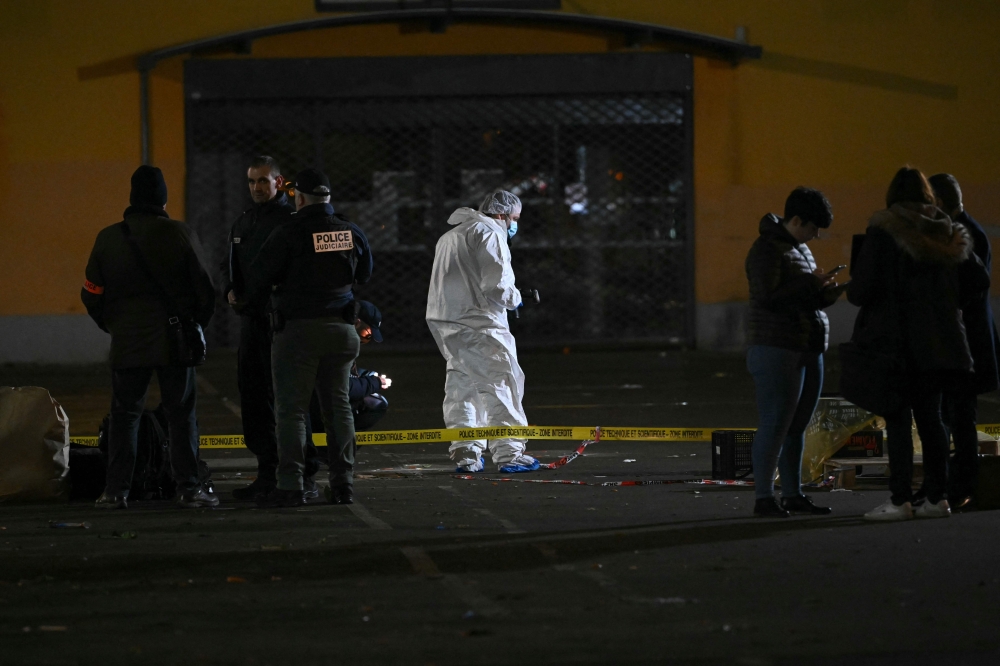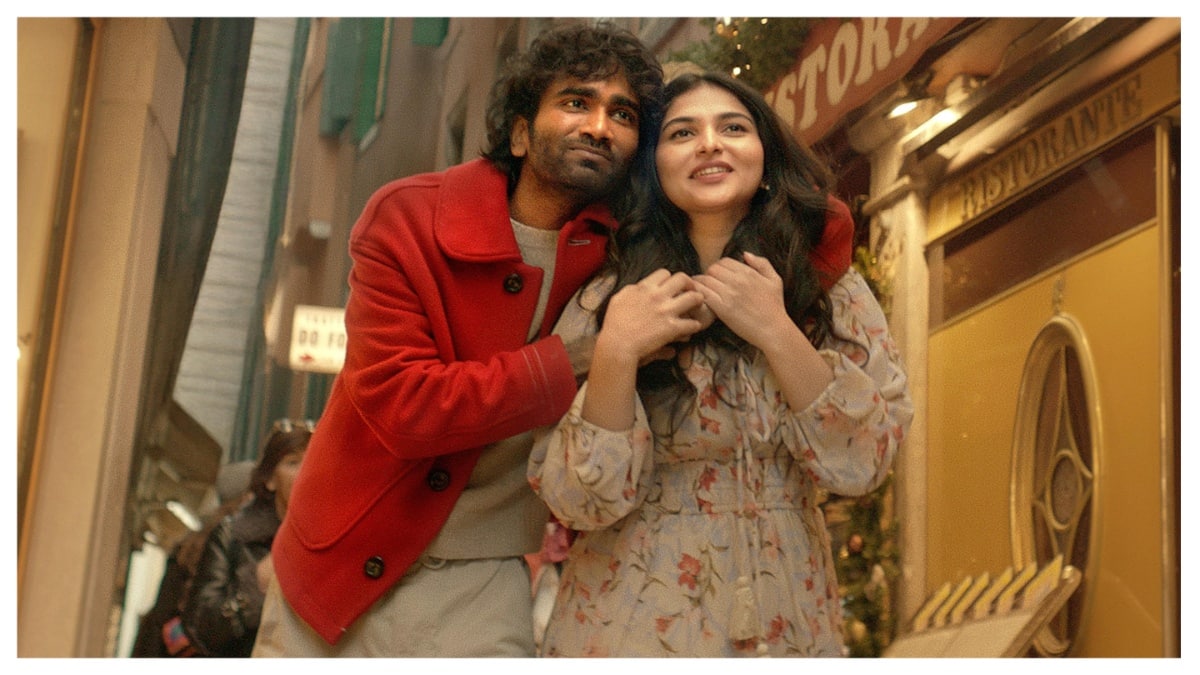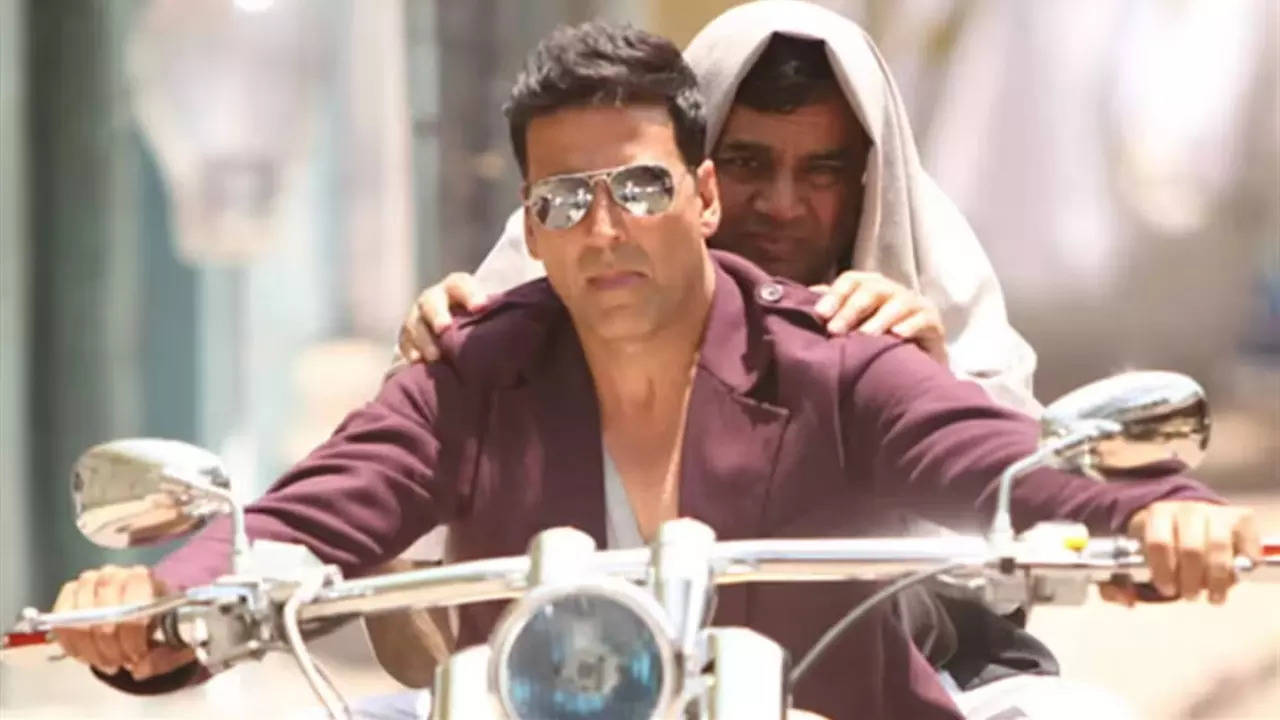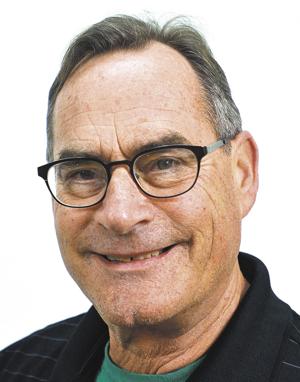
REGINA OTOKPA writes on the suit challenging running of affairs of local government areas in Anambra State with appointed officials The Nigerian judiciary has once more been brought to national spotlight, following the suit challenging the prolonged running of the affairs of the 21 local government areas in Anambra State with undemocratically elected councils, contrary to the Constitution and a subsisting court judgment, which declared that Anambra State Government has no powers to appoint officials to govern the local government areas. The suit instituted last year by an activist and two-time governorship aspirant in Anambra State, Dr. Ifeanyichukwu Okonkwo, is currently pending before Justice Amina Mohammed of the Federal High Court, Awka Division, Anambra State.
The second to eight defendants respectively, in the suit brought by originating summons, include the Federal Republic of Nigeria, the governor of Anambra State, Attorney General and Commissioner for Justice, Anambra State and Anambra State House of Assembly. Others are former governors, Senator Chris Ngige, Peter Obi, Willie Obiano, for themselves and on behalf of their transition chairmen and councillors, and Mr. Livinus Onyenwe for himself and on behalf of transition chairmen who served under Governor Charles Soludo’s administration.

Worthy of note among several reliefs sought by the plaintiff, is that the court should bar Soludo and his affected predecessors from contesting election, seeking for re-election or occupying public office, having acted contrary to the 1999 constitution (as amended), which they swore to uphold. Also, the plaintiff wants an order of the court to compel the 2nd to 8th defendants to render public account before the court, of all funds, illegally expended by them or agents and privies, during their respective administrations, while executing their illegal and unconstitutional usurpation of offices at the local government council areas in Anambra State. In addition, he is demanding for exemplary damages of N100 billion in his favour, against the 2nd to 8th defendants.
The suit, FHC/AWK/ CS/90/2024, predated the July 2024 judgement of the Supreme Court of Nigeria in favour of the Federal Government, which not only held that it is not only unconstitutional for state governors to hold funds allocated for local government administrations, but also declared that a state government has no power to appoint a caretaker committee. The Supreme Court made it clear that a local government council is only recognizable with a democratically elected government. When the case at the Federal High Court Awka came up on January 29, after several adjournments, a Senior State Counsel from the Anambra State Ministry of Justice, Peter Odili, told the court that the second to eight defendants filed a preliminary objection to the originating summons filed by the plaintiff, challenging the jurisdiction of the court to hear the matter.
Odili said they filed a motion on notice for the extension of time, within which the second to eight defendants will be expected to file their counter affidavit, written addresses and other processes in opposition to the plaintiff’s originating summons and deeming the processes as properly filed and served, the appropriate fees, having been paid. The motion for extension of time, according to Odili, was dated May 28, 2024 and filed on June 13, 2024. The defence counsel prayed the court to grant the motion for extension of time in favour of the second to eight defendants, relying on all the documents they filed, including their reply to the plaintiff’s written address in opposition to their application for extension of time on point of law.
Responding, Okonkwo who appeared for himself, said his action was initiated by originating summons for declaratory reliefs, pursuant to a subsisting judgment of the Federal High Court by Justice Lewis Allagoa in suit no FHC/EN/ CS/90/20005. He recalled that when the processes were served on the defendants, the 1st defendant (Federal Government) entered no defence, while the second to eight defendants filed a preliminary objection to the originating summons, questioning the jurisdiction of the court. The plaintiff told the court that he opposed the preliminary objection on point of law.
Okonkwo said he would adopt the written address that he filed in opposition to the motion for extension of time, on point of law, arguing that a court cannot take an application for extension of time in a case where its jurisdiction is being challenged. He however, asked for the leave of the court to add authorities, which tie the hands of the court on the matter, once jurisdiction is in contention, particularly Nwankwo versus Ononeze Madu (2005) and Britania versus Seplat (2016). The plaintiff maintained that a court has no power to make an order in respect of a case, in which its jurisdiction to try the case has been challenged.
After hearing from the parties in court, Justice Mohammed fixed March 4, for ruling on the motion for extension of time and hearing of the substantive matter. However, some legal minds were surprised by the procedure adopted by Justice Amina Mohammed in hearing the motion for extension of time and slating hearing on it when the jurisdiction of her court to hear the matter is in contention. A retired senior judge who preferred anonymity, told this writer that when there is an objection challenging the jurisdiction of the court to entertain a suit, the only jurisdiction the court has is to determine whether or not it has jurisdiction.
” Explaining further, he said: “This principle of law has been decided by so many authorities. Owners of the MV ‘Arabella vs NAIC (Part 1097) NWLR; Elabanjo vs Dawodu (Part 1001) NWLR are two decided authorities of the Supreme Court on the point that readily come to mind. “If there is pending in the suit an application for extension of time to file other process, the court cannot in the face of the objection challenging its jurisdiction proceed to hear such an application.
At that preliminary stage, the court has one and only one duty, namely, to determine whether or not it has jurisdiction to entertain the case. “It is only after the court has determined the issue and assumed jurisdiction that it can then proceed to consider other applications in the cause.” The retired jurist said he could not recall how many times in his judicial career that this kind of scenario played out in his court.
“I remember on several occasions I simply wrote a short ruling refusing to hear other pending applications in the case. I then called on the counsel who filed an objection to proceed with it. So, what happened in this case is an aberration,” he insisted.
Also, findings from legal authorities consulted show that although the way judge’s approach an issue may vary, under the Nigerian law, there are two dominant procedures for hearing preliminary objections in cases brought through originating summons. One is to take the preliminary objection first before taking the originating summons. This, however, could be time consuming and may be abused by defence counsels who want to delay a matter.
The second is to take the preliminary objection and the substantive matter together like in CBN versus Dr. B.O.
Akingbola and others, and Gbadebo and others versus Oyenitun and others. In these cases, the courts were persuaded to hear preliminary objection and the substantive matter together. It is against this backdrop that the decision of Justice Mohammed to take the motion for extension of time before the preliminary objection was faulted by some lawyers.
One of them who cited a statement credited to a former Chief Justice of England, Lord Gordon Hewart that “it is not merely of some importance but is of fundamental importance that justice should not only be done, but should manifestly and undoubtedly be seen to be done,” said a judge must make a correct decision and in such a way that everyone can see that the right decision has been taken. “It is important for judges trying cases to know that they are also on trial. They should conscientiously do their best to do justice according to the law.
There is no exception to this principle. “Again, of all public institutions in a democratic government, the only one that has justice as its exclusive mandate is the judiciary. The judiciary is seen as the last hope of the common man because it guards against the misuse and abuse of power by the other arms of government, namely the executive and legislature.
This hope must not be lost in Nigeria,” he said..















